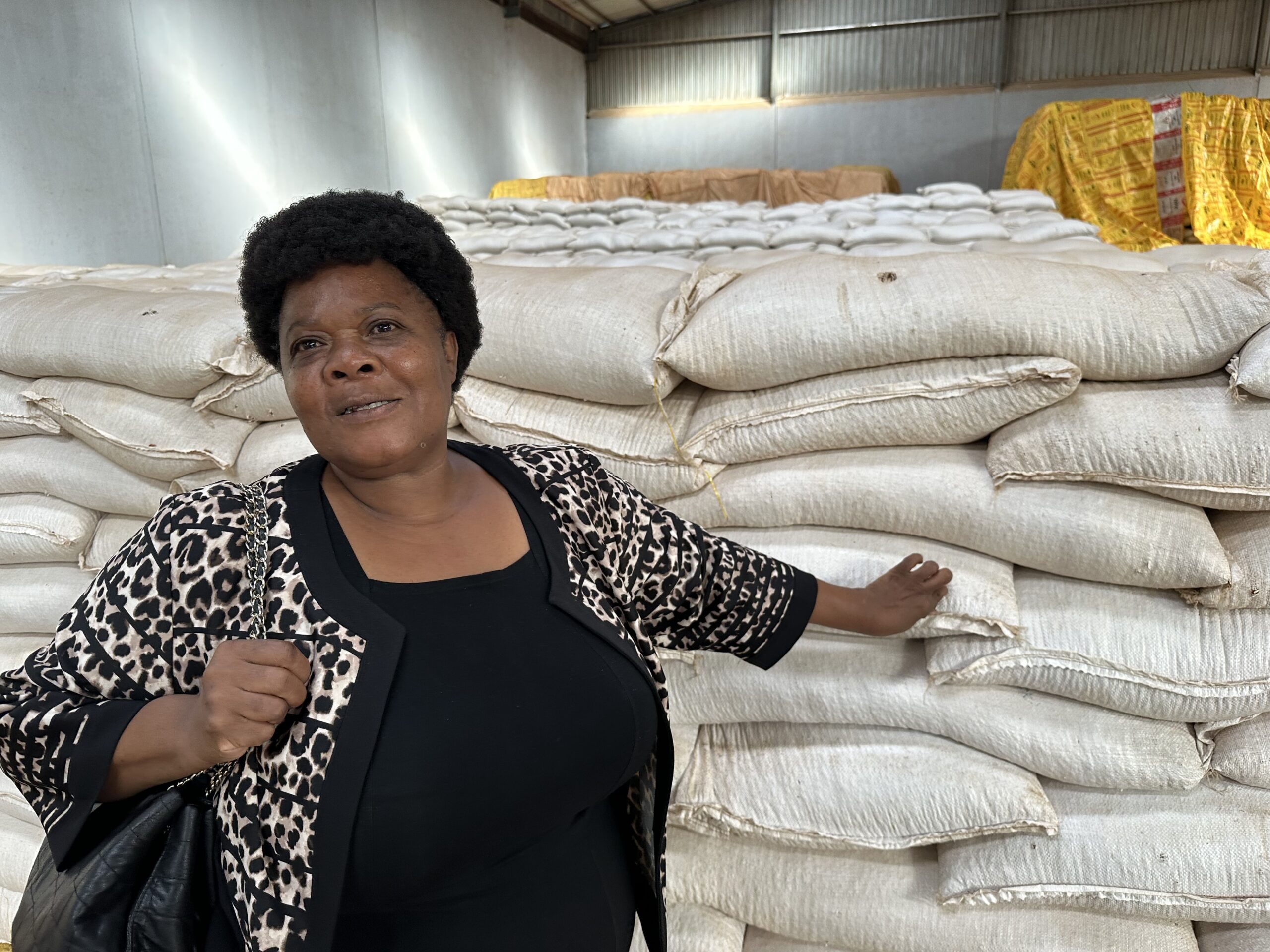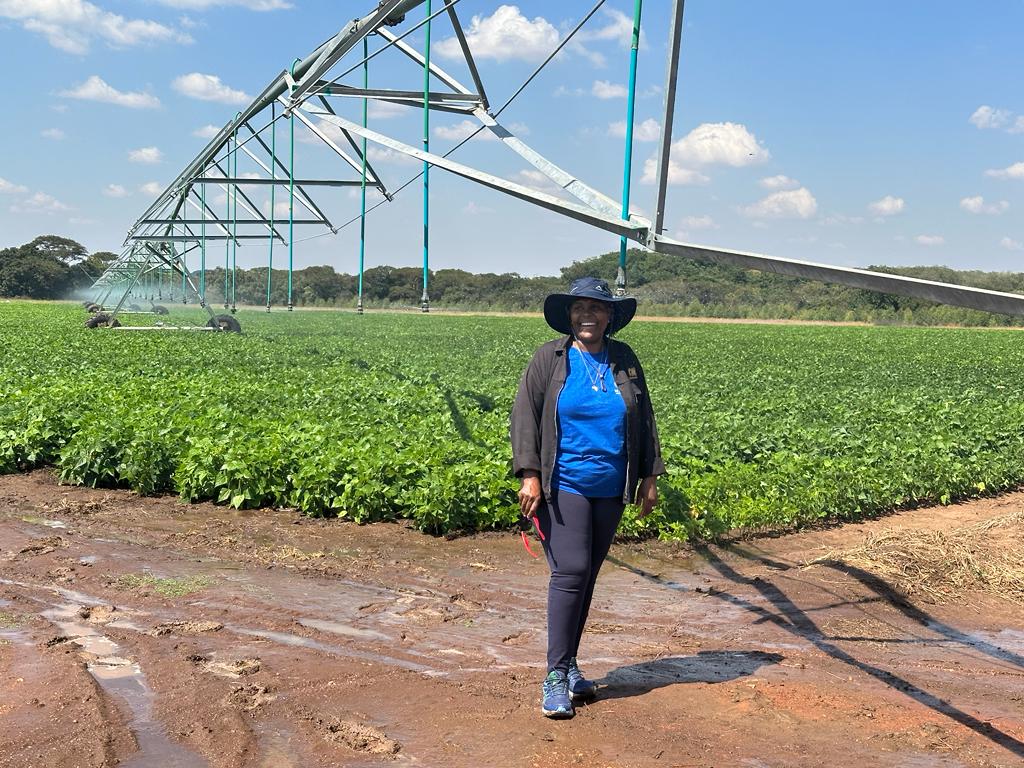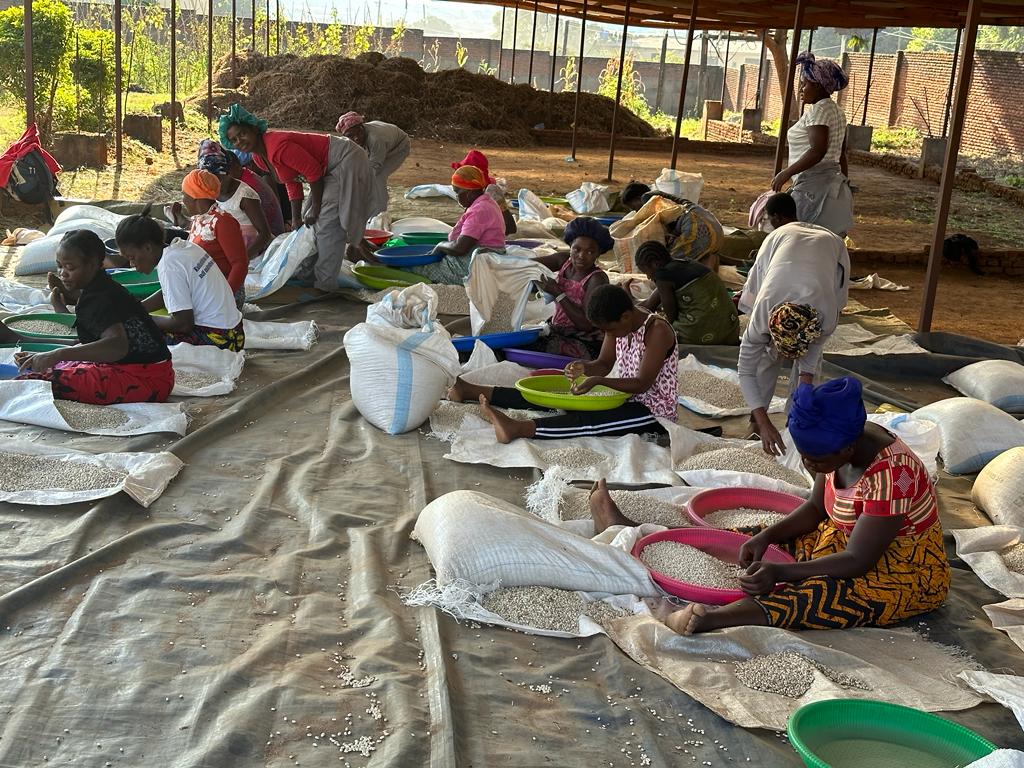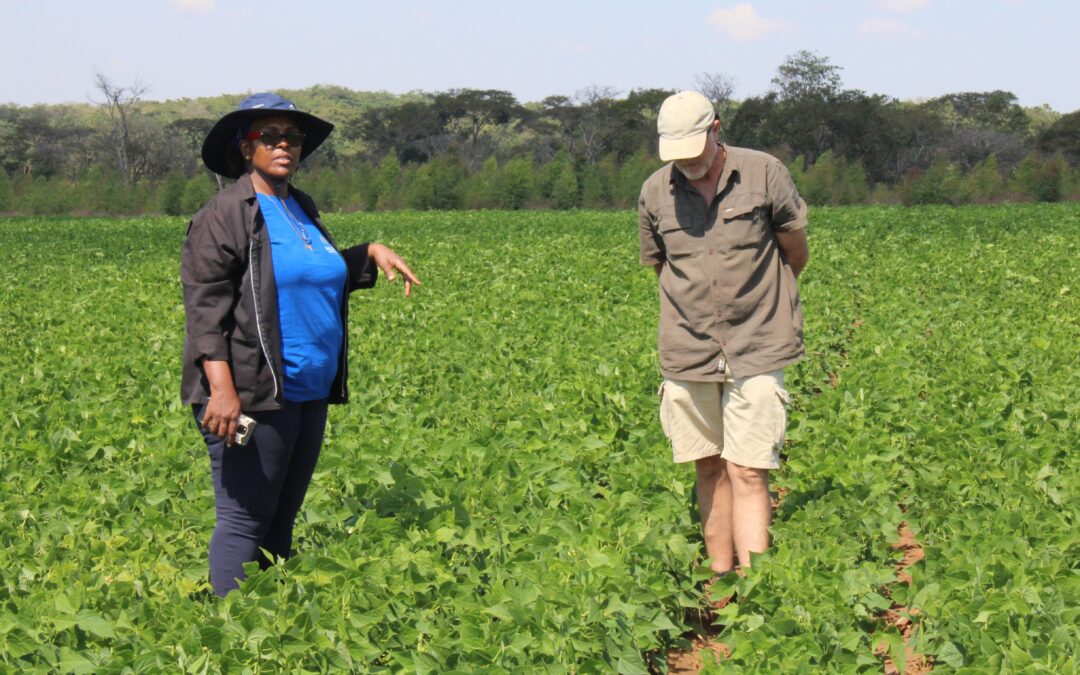By Yohane Chideya, Eluid Birachi, Wilson Nkhata, Jefferson Munyao & Jean Claude Rubyogo
The time Thokozani Unyolo was starting her legume Seed Company in Malawi called Afriseed in 2013, she saw a gap that needed to be filled at all costs.
At that time, Malawi – a landlocked country in the southern part of Africa where agriculture forms the economic mainstay – had numerous challenges in the legume value chain due to a 79-percent deficit in legume seed.
On top of that, the country lacked access to adequate extension services and poor storage capacity, leading to perennial post-harvest losses of legumes year-in-year-out. Mijiga wanted to base her vision on legume seed multiplication and chose to start with bean packaging, farm mechanization as well as rural enterprise development through contract farming.
As a brainchild of Africa Women Entrepreneurship Program, Afriseed’s target was women and youths in agribusiness, to provide them with agri-inputs and access to contract commodity buyers to help them achieve their business objectives.
However, this was not an easy ride. It took nine years for one idea to change the course of the bean value chain in Malawi through cooperation and information sharing on best practices.
Today, 10 years after its birth, the company is thrilled with the strides it has made in its quest to revolutionize bean farming, thanks to interventions by players in Malawi’s bean Multi-Stakeholder Platform (MSP), created to boost the country’s bean value chain.
“We started in 2013, but it was in 2022 when we started working with different stakeholders to transform the country’s bean farming. At the very beginning, we were finding it difficult to get pre-basic seeds that could be multiplied and made available to farmers for cultivation with much ease. Through the MSP, we have various value chain actors such as traders, farmers, and their organizations, NGOs, breeders, other researchers, seed companies, and financial service providers. We have not only improved on the quality of seed but also maximize production while significantly refining the entire bean value chain,” explains Grace Mhango-Mijiga, Afriseed Executive Director.
Initiated by PABRA under the Alliance of Bioversity International and International Center for Tropical Agriculture (CIAT), in collaboration with Michigan State University coordinated Feed the Future Innovation Lab for Legume Systems Research, various players such as grain traders, seed companies, growers, and financial institutions started working hand in hand for a common cause. Now the MSP has increasingly been led by traders and seed producers.
At the project’s launch in March 2022, the MSP members vowed to address challenges derailing bean farming, among others, low adoption of improved bean varieties. Traders requested to have specific consumer-demanded varieties e.g., sugar good color retention during storage. Therefore, the breeders started championing the deployment of demand -ed breeding. Home | Demand-Led Breeding (demandledbreeding.org)
“Thanks to the platform, we have improved a lot on having access to seed quality of improved varieties. We are also able to get crucial market information that is enabling us to know what varieties to grow depending on market demands,” adds Mhango-Mijiga, whose company has managed to create nearly 1,000 jobs, through contract farming and casual labour (see Photo x).
“Today, I have enough basic seed that can be cultivated on 825 hectares of land, meaning I can produce over 1,200 tons of NUA 45 beans alone by April 2024 as I have already ordered sugar bean seed. I am looking forward to making a return on investment of not less than K2 billion kwacha [approximately $2 million],” adds Mijiga.
About a kilometer away from Mijiga’s Afriseed at Kanengo Industrial area in Malawi’s capital Lilongwe, sits a grain off-taker Milele Agro Processing, run by another female entrepreneur Gloria Phekani.
Just like Afriseed, Phekani’s Milele has been supporting farmers with seed of the haricot bean variety. This arrangement has enabled farmers to have access to quality seed of the right variety to maximize their productivity, thereby improving the bean value chain.
According to her, this arrangement has enabled her to create jobs for over 600 women, who have been serving in various roles ranging from bean grading to packaging.
She touts various interventions which guided her to be a member of MSP such as the USAID -Future the future funded Legume Research Systems Innovation – and technical support from Pan Africa Bean Research Alliance (PABRA), saying it has tremendously improved the bean value chain in Malawi.
“Since the coming in of PABRA and USAID’s Feed the Future Innovation Lab for Legume Systems Research projects we have come from zero to heroes in the shortest period. There was nothing to show in the beginning, but as I speak, tens of tons of pre-basic will be made available by 2024 by us and I expect to off-take 3,850 metric tons of certified beans. We have the right team to achieve this.
“Our main market is in South Africa, so we are working on sugar bean as well as haricot bean and we want to have enough seed that will enable us to share with farmers for the continued smooth running of the country’s bean value chain,” she explains.
She adds that because of access to clean materials for the first time under the MSP project, she has grown from having 0 to 52 hectares of seed alone with about 177,500 kilograms of beans already in stock.
The two women entrepreneurs work in synergy and complement each other. While Grace produces and markets the bean seed, Gloria buys them for further increase and distribution to smallholders producing grains.
To accelerate agribusinesses’ efforts in Malawi, financial institutions such as commercial banks have seized the opportunity and started opening in helping farmers and other agribusiness players to boost their investments through loans.
One of the institutions is NBS Bank, whose Agribusiness Manager, Winstone Mwamtobe says is open to providing necessary support to boost agribusinesses in the country.
“The bank realizes that financing agricultural investments is of paramount importance because it is the sector that employs majority of Malawians. As such we are committed to providing loans with flexible conditions to farmers so that they boost their businesses,” he says.
Moving forward, Mijiga-Mhango suggests the need to lobby the government of Malawi to adjust upward farm-gate prices of beans from the 2024 season, saying the average price of K700 ($0.68) per kilogram set for the 2023 season was too little for a farmer to benefit more.
“Apart from advocating for a favorable bean policy that can catalyze bean investment in the country, I am willing to take on board more women and young people to venture into bean farming by supporting them in every way possible. There is potential for Malawi to be a bean seed hub and I would like to push for that. MSP has opened several opportunities and networking for us,” she says.

Mijiga-Mhango, Executive Director, Afriseed, at their warehouse. Mijiga- has seen her incomes increase as a grain off taker. The Multistakeholder platform links all actors across the beans value chain from seed to table. n Malawi’s bean value chain through the Multi-stakeholder Platform – Picture courtesy of Jean Claude Rubyogo

Gloria Phekani on her farm in Malawi, she is a grain off taker through Milele Agro Processing. – Picture courtesy of Jean Claude Rubyogo

Women grading beans at Milele Agro Processing premises – Picture courtesy of Jean Claude Rubyogo

